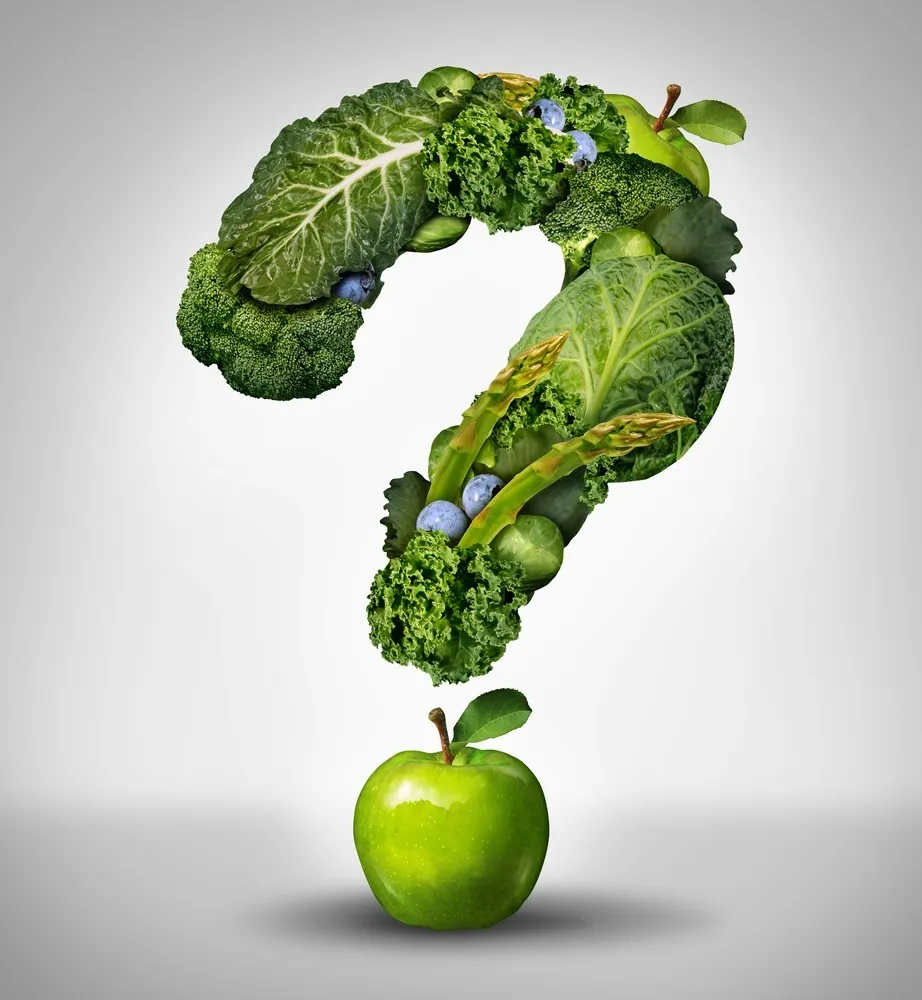
Forget super — no food is even universally “good.” As in, good for everyone, in large amounts. Not one.
Show me any food on Earth. I’ll show you a surprising number of people who probably shouldn’t make it a staple.
You already know about lactose and gluten. There are five billion people (two-thirds of everyone) who may get gastro-irritated from milk, which is high in protein, calcium, potassium, selenium, riboflavin, and vitamin B-12.
Solid stats. But if milk gives you a stomach ache whenever you drink it, it’s not healthy for you.
Likewise, whole wheat is high in fiber, several B-vitamins, and lots of minerals. But for the one percent of people with Celiac, according to a 2010 review in Nature, “a strict life-long gluten-free diet is the only safe and efficient available treatment.”
No words minced.
One percent may sound tiny, but that’s 75 million humans who shouldn’t eat wheat, barley, rye, or brewer’s yeast — a.k.a. basically all bread, pasta, pastries, baked goods, crackers, cereal, pancakes, waffles, french toast, breadcrumbs, couscous, and beer — ever again.
Poor souls. For them, “healthy whole wheat” doesn’t exist.
So far, so cliché. But in a very real sense, any food is a foreign substance entering your body.
Oceans of Allergies
Roughly eight percent of all kids and five percent of all adults (we’re talking hundreds of millions of people) have food allergies — and many are to “good” and “healthy” foods.
Some of the most common food allergies are to fish (a.k.a. “the healthiest non-plant”), crustaceans (shrimp, crab, lobster), peanuts, tree nuts, wheat, soy, eggs, and milk.
These allergies cause people…oh, wait. I almost forgot.
There are two more foods groups that commonly cause allergies.
Maybe you’ve heard of them: fruits and vegetables.
That’s right. After milk and shellfish, a 2010 study of Canadian adults found that fruits and vegetables were respectively the 3rd- and 4th-most-common food allergies.
Apparently some people are allergic to health.
Seeds can provoke especially severe reactions (though studies suggest it’s not due to sprouting into plants inside you).
The point is, any food can be an allergen.
And if you’re allergic to a food, no matter how fresh and organic and volcanically erupting with antioxidants it may be…then it’s not healthy for you.
Sorry to burst your superfood.
Still not convinced? Here’s my ace in the hole.
Can the “healthiest” foods be unhealthy?
What’s the healthiest food on Earth? What do people say? (Humor me.) Probably a green vegetable, right? Can we say kale? Is that a safe bet? Maybe broccoli? Brussels sprouts? How about all three — kale, broccoli, and the sprouts of Brussels. Can’t go wrong here.
Each of this sainted trio is a cruciferous vegetable — a plant of the Brassica genus, which includes lesser hall-of-famers like bok choy, collard greens, and turnips.
Cruciferous veggies were superfoods before the word existed. They’ve often been associated with a reduced risk of cancer, heart disease, and death. Good luck naming a more immaculate food group.
And here it is…
For many people, large and regular amounts of cruciferous veggies are probably not “healthy” or “good” or “fine.”
(Heresy!)
I speak of hypothyroidism, a disease where the thyroid gland (base of neck) spits out too little thyroid hormone (many important functions). This can cause heart disease, obesity, joint pain, and infertility.
Cruciferous vegetables contain goitrogens, which are substances that mess with the thyroid gland. People with healthy thyroids probably have nothing to lose — and everything to gain — by eating gobs of cruciferous veggies every day.
(Well, as long as they’re not iodine-deficient.)
But if you have hypothyroidism, many medical professionals will actually tell you to avoid overeating kale, broccoli, and Brussels sprouts.
There is evidence — in humans, not just mice — that regular, large amounts of several types of raw cruciferous veggies — like Brussels sprouts, certain collards, and a type of kale — could cause problems for people with hypothyroidism.
This isn’t some fringe disease. Based on the results of a famous 2000 study, there are roughly 1.3 million Americans with overt hypothyroidism (mostly undiagnosed) — and another 27 million with subclinical hypothyroidism (which puts you at risk for the overt kind).
We don’t really know how deep the rabbit hole goes with thyroid problems.
And the numbers may be even higher overseas. Hypothyroidism is way more common in India, for example.
The point is this. If you can’t even say kale and Brussels sprouts are definitely healthy for everyone, then no food is.
Skeptics will say that even people with hypothyroidism would have to eat very large amounts of raw cruciferous veggies every day to cause problems — which no sane person would do.
For instance, no human would ever stuff large amounts of raw kale in a blender every morning and make a smoothie.
Right.
And isn’t the definition of a “healthy food” something we could eat as a daily staple — without potential health problems?
Listen to your body. Not people who prefix foods with ‘super.’
For more writing like this, visit finalfatloss.com.